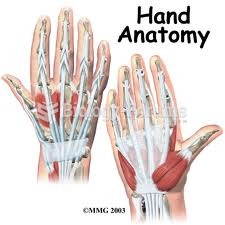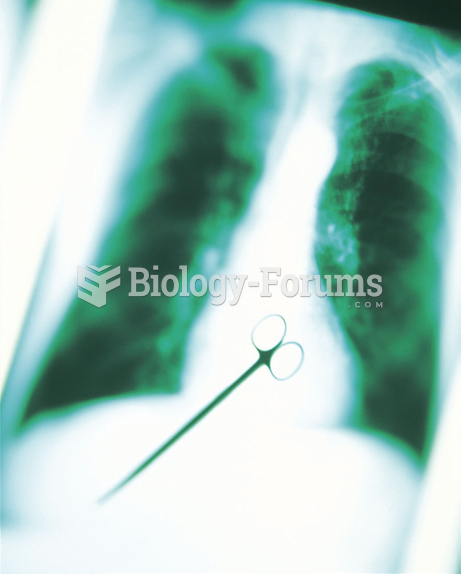|
|
|
The largest baby ever born weighed more than 23 pounds but died just 11 hours after his birth in 1879. The largest surviving baby was born in October 2009 in Sumatra, Indonesia, and weighed an astounding 19.2 pounds at birth.
Excessive alcohol use costs the country approximately $235 billion every year.
Before a vaccine is licensed in the USA, the Food and Drug Administration (FDA) reviews it for safety and effectiveness. The CDC then reviews all studies again, as well as the American Academy of Pediatrics and the American Academy of Family Physicians. Every lot of vaccine is tested before administration to the public, and the FDA regularly inspects vaccine manufacturers' facilities.
The first-known contraceptive was crocodile dung, used in Egypt in 2000 BC. Condoms were also reportedly used, made of animal bladders or intestines.
In 1864, the first barbiturate (barbituric acid) was synthesized.
 Skin testing. Note the spot labeled H, which is the positive histamine control, and the spot labeled ...
Skin testing. Note the spot labeled H, which is the positive histamine control, and the spot labeled ...
 Squeeze posterior leg muscles. Apply along muscles from knee to ankle. Use same hand position as in ...
Squeeze posterior leg muscles. Apply along muscles from knee to ankle. Use same hand position as in ...





